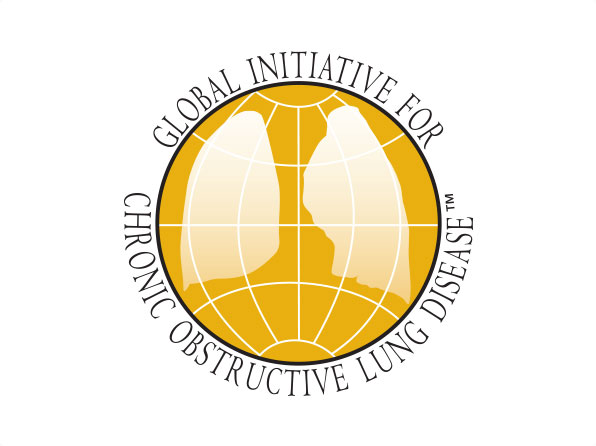Public Health Initiatives for COPD
A Breath of New Air: Policies and Initiatives in Public Health to Fight COPD
Airflow restriction is a hallmark of chronic obstructive pulmonary disease (COPD), a progressive lung illness. Both healthcare expenses and quality of life are greatly impacted. Public health programmes and policies are essential for safeguarding people, preventing and treating COPD, and improving lung health in communities.
Table of Contents

Targeting smoking cessation is the cornerstone of prevention.
Public Health Initiatives for COPD
The main cause of COPD is smoking. The following public health initiatives are essential for lowering smoking rates:
- Smoke-Free Laws: By outlawing smoking in public areas such as restaurants and workplaces, secondhand smoke exposure is decreased and smoking behaviour is discouraged.
- Quit Smoking Programmes: Programmes for quitting smoking that are financed or subsidised by the government provide resources, support for quitting medicines, and counselling.
- Campaigns for Public Awareness: Thorough media efforts that emphasise the risks associated with smoking and the advantages of giving it up can increase public awareness and motivate people to abstain from or stop smoking.
Reducing Environmental Exposures: Going Beyond Smoking
Public Health Initiatives for COPD
There are many environmental elements that can aggravate COPD. Initiatives in public health focus on these:
- Occupational Dust Control: The goal of regulations and enforcement tactics is to reduce exposure to chemicals and dust in the workplace that are known to raise the risk of COPD.
- Air Quality Monitoring: In order to lower outdoor air pollution levels, particularly particulate matter, it is imperative to implement air quality monitoring programmes and laws.
- Initiatives for Indoor Air Quality: It can be helpful to have educational programmes and materials to support good indoor air quality, such as adequate ventilation and avoiding burning pollutants indoors.
Early Identification and Action: The Effectiveness of Screening
Public Health Initiatives for COPD
Early detection of COPD enables more effective disease management and prompt intervention:
- COPD Screening Programmes: Screening programmes for individuals at high risk for COPD, such as smokers and those exposed to work-related risks, can be organised by public health efforts.
- Integration with Primary Care: Early diagnosis of COPD can be facilitated by promoting and assisting the incorporation of risk assessments and screenings into regular primary care appointments.
- Public Knowledge: Early diagnosis can be facilitated by informing people about the symptoms of COPD and urging them to see a doctor if they suffer wheezing, coughing, or shortness of breath.
Patient Empowerment: Instruction and Assistance in Self-Management
Public Health Initiatives for COPD
Patients with COPD must actively participate in order to live properly. Public health programmes can give them more power:
- Disease Education Programmes: Patients can be better prepared to manage their COPD by having access to readily available educational materials about the illness, its management techniques, and healthy lifestyle choices.
- Programmes for Pulmonary Rehabilitation: Public health campaigns can facilitate the availability and cost-effectiveness of pulmonary rehabilitation services, which strengthen breathing muscles and increase exercise capacity, improving the quality of life for those with COPD.
- Resources and Support Groups: Encouraging and making support groups and patient education materials accessible helps people feel like they belong and gives them the tools they need to successfully manage their COPD.
A Look Ahead: An Appeal for Action
Public Health Initiatives for COPD
Policies and programmes: related to public health have a significant impact on lowering the burden of COPD. Through addressing smoking, lowering environmental exposures, encouraging early detection, and giving patients more power, we can build a future with less COPD instances, cleaner air, and better health outcomes for everybody.
Public Health Initiatives for COPD
- Involving the Community: Community involvement maximises the effectiveness of public health efforts. Urge your audience to support laws that promote better air quality, programmes to help people quit smoking, and easily available medical care for COPD patients.
Notice: This information is not meant to be a substitute for expert medical advice; rather, it is meant for general understanding only. Always seek the advice of a medical professional for COPD diagnosis and treatment.





Recent Comments